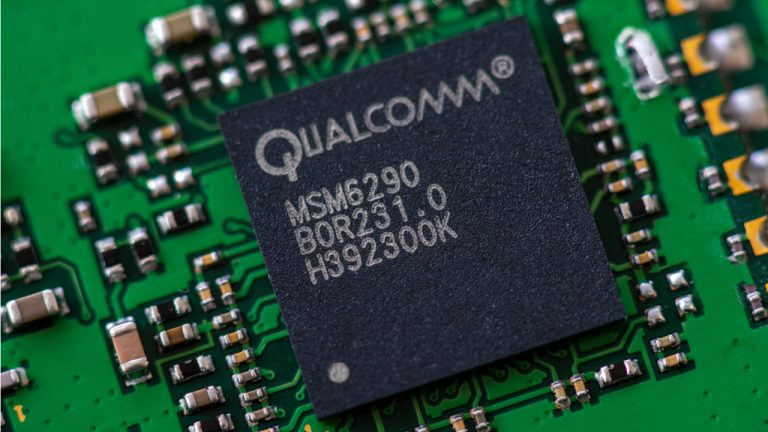Meta recently announced a partnership with mobile chip company Qualcomm to produce chips geared for the metaverse market. The agreement will allow Meta to use Qualcomm’s XR technology, designed for extended and virtual reality tasks, to design and manufacture silicon to be put in the next line of Meta’s VR application, including future headsets for its Meta Quest line of products.
Qualcomm and Meta to Bring the Metaverse to Chips
While the metaverse company has focused more on the software part of the computing equation thus far, Meta is making moves to bring more efficient and powerful chips to its products. The company has now inked a partnership with Qualcomm, one of the biggest fabless mobile chip companies in the world, to help it produce silicon specially designed to fulfill metaverse tasks. The custom chips will use Qualcomm’s XR technology, which includes virtual reality and extended reality functions. About the importance of this partnership, Cristiano Amon, CEO of Qualcomm, stated:Building off our joint leadership in XR, this agreement will allow our companies to deliver best-in-class devices and experiences to transform how we work, play, learn, create and connect in a fully realized metaverse.The multi-year agreement was disclosed without numbers, with a press release stating the engineering teams of each company will deepen the collaboration to achieve joint VR objectives.
Custom Silicon to Continue Advancing
The current generation of Meta Quest 2 headsets uses Qualcomm XR chips, with technology derived from a Qualcomm Snapdragon 865, a dated chip that was introduced in 2019. This new partnership seeks to produce chips with more advanced designs to facilitate metaverse developments, different in nature as compared to chips designed for more traditional mobile tasks. About the development, Meta’s CEO Mark Zuckerberg declared:As we continue to build more advanced capabilities and experiences for virtual and augmented reality, it has become more important to build specialized technologies to power our future VR headsets and other devices. Unlike mobile phones, building virtual reality brings novel, multi-dimensional challenges in spatial computing, cost, and form factor.Zuckerberg also confirmed the new generation of the Meta Quest headsets will be using chips produced through this partnership. Qualcomm’s interest in the metaverse is not new, as the company launched a $100 million metaverse fund to deploy capital in virtual reality and metaverse venture investments in March. Qualcomm’s CEO has stated that the metaverse industry will be a “very big” opportunity, creating a new market. What do you think about the partnership between Meta and Qualcomm to produce metaverse-specific silicon? Tell us in the comments section below.




















+ There are no comments
Add yours